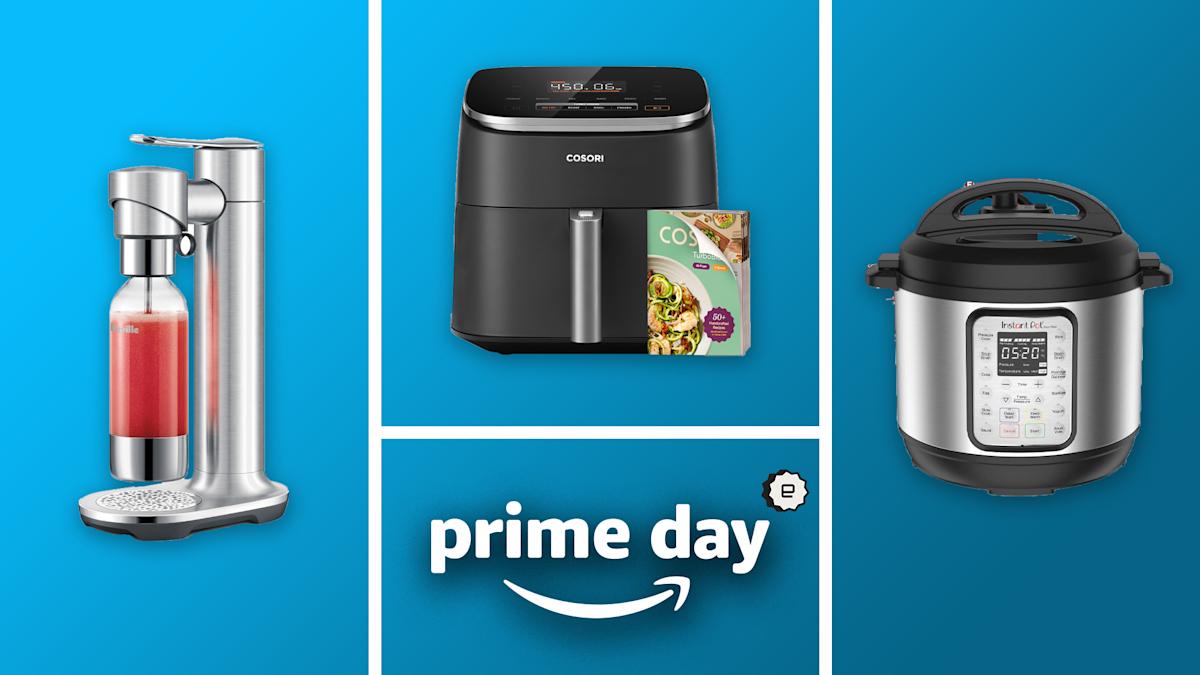.jpg?ssl=1)
There’s a bar of soap in my bathroom that needs more attention than I do. It’s wrapped in wool—not packaged, wrapped. Vaguely damp, even when it hasn’t been used. It was gifted to me as an all-in-one ritual: a bar of soap with a built-in exfoliator. No plastic, no mess. Good for the planet, better for me. It smells like a damp sweater. I blow-dried it once and that felt like crossing a line.
It sits on the bathroom counter like a metaphor I haven’t worked through. Something that promised simplicity and delivered maintenance. The soap wasn’t the problem. It just made the others easier to see—the dry brush that hurts more than it helps; the cold plunge that reduces inflammation but increases the likelihood of a panic attack halfway through. Self-care was supposed to be the soft part of wellness rituals—the bubble bath, not the boot camp.
Wellness is about discipline and effort. A willingness to do something slightly unpleasant in the name of feeling better—eventually.
Zap your cheekbones with a microcurrent wand. Sit on your bed wearing a red-light mask like a sad house plant, hoping for less pigmentation and more purpose. Swish turmeric and coconut oil in your mouth at 9 am and try not to swallow it or throw up.
You’re trying to keep up with people munching pumpkin seeds for their skin, quitting sugar to stabilise hormones and mastering new barre routines—seemingly all at once. Staying ‘well’ and healthy is meant to be a practice, something you build like a muscle. But at this point, it’s starting to get sore—without the lymphatic drainage massage.
My grandmother’s favourite kadha was a herbal concoction that tasted like liquid potpourri. You couldn’t leave the table until you emptied the glass of brown-something that promised to make you better while making you feel worse. No routines or check-ins, just the authority of a woman who convinced my extremely picky and stubborn father to start his
day by eating a raw baby bhindi.
It wasn’t wellness or self-care. It was doing what you were told by someone who believed it would make you better. As adults we choose our discomfort—packaged, priced and delivered via next-day shipping.
I’ve been suffering from cultural whiplash watching what once felt inconvenient become aspirational. Everything we once did out of obligation or superstition is rebranded as biohacking with protocols scrubbed of stains, stripped of memory and sold back to us as a lifestyle. The discomfort is there, reframed as self-optimisation.







